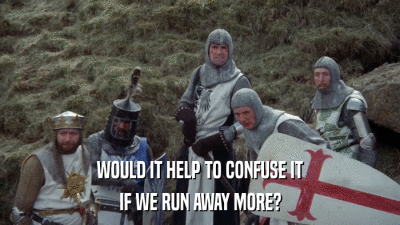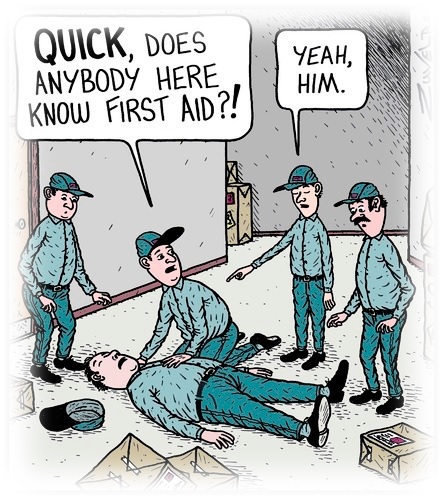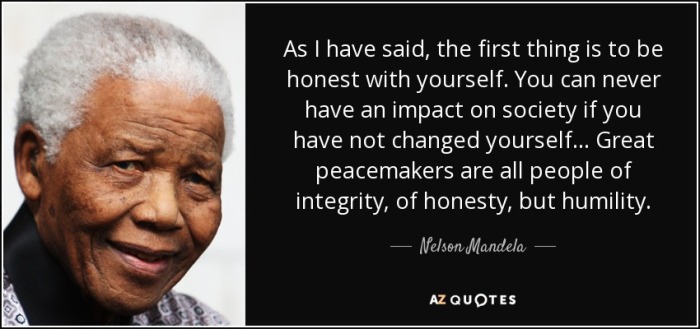
In these times we are living, predictable human behaviours are showing. Once more, the flaws of humans are brought more sharply into focus.
One of the most maligned services, health care, is suddenly the darling of all- with everyone screaming, we must protect health care! The thing which cost Obama a lot of his political capital, the thing which people get rich and elected running against, is now the most important thing. To understand why we need not look far- firstly herd behaviour- everyone says it is good so I think it is good too, as I have been told to think that- and, secondly, once again we find ourselves bowled over by the brilliance of William Blake’s understanding of human nature with a quotation I oft use here to explain the seemingly illogical nature of actions:
Mutual fear brings peace
‘till selfish love increase
Or in other words, we love the EU, health care etc. when it serves us to do so but as soon as the crisis ends, and is forgotten, it becomes, oh how dare people escape being murdered based on ethnicity by coming to MY country, how dare poor people have health care etc.
As we are still within the current crisis, one aspect of human nature is being brought to the fore- that is mental health. As many people around the world are personally or indirectly experiencing the consequences of ‘lock-downs’ people are now concerned about mental health. Why? Because they are told that they think about it and because it personally affects them.
Anxiety, it seems, is a new invention which has been caused by the current crisis. However, this may blow your socks off, anxiety has existed longer than the last three months it has been around in the West.
Anxiety either stems from or is an inherent part of evolution. If the sabre-tooth cat wants to eat you, then you run the F away! Climb a tree and the danger passes. Once one is in the state of anxiety, the body is heightened and chemical reactions, which I will not pretend to understand, take place. Once the danger is adverted the body returns to its normal state. If one chooses to stand and fight the sabre-tooth cat, then the anxiety also goes away with the person being very dead. On a more serious note, once the fight or flight reflex is resolved, the body returns to its natural homeostatic state.
The difference between now and then is the nature of the threat. Whilst one can stand or fight (die) against a prehistoric monster (humans, tee hee), the threats which we now encounter, the monsters under the bed, are not those of the corporeal sense, rather they are of the mind. The constant bombardment of the senses by these threats means that the body cannot help by aiding a quick, to quote Monty Python and the Holy Grail, ‘run away!’, so one cannot escape from these threats which plague the thoughts and minds of those who suffer from anxiety.
After a while, and as more sources of anxiety enter into the lives and minds of those with anxiety, the body does what it does best. It protects the person. The feeling of emptiness experienced by those with anxiety is simply the mind saying that I cannot cope with all of this right now, so it will bury it all, leave you empty, until a time that it can be dealt with.
This feeling of emptiness is terrifying so people engage in behaviours, often destructive, in order to ‘feel’ again (promiscuity, drug abuse, self-isolation, shopping) only to find that these do not help with the forms of anxiety, rather they even, at times, add to them as money, for example, becomes a concern. The truest form of anxiety is the fear of, or the reality of, losing the foundations upon which we build our lives. Once what we take for granted is gone, all we can do, it feels like, is fall. And thusly, the cycle continues, and one finds one’s self lying under their bed too scared to go out.
I have neither the right nor qualifications to suggest how to break this cycle (I am not a Facebook poster, after all) but there are those out there who have lived with anxiety for their entire lives, who have a greater experiential or empirical knowledge of anxiety, its causes and solutions. Maybe now would be a good time to break the cycle of our predicable behaviours and consult those who actually know what they are talking about- those either with the condition or those who have an understanding of the condition, or in other words. Experts.
‘till next time



